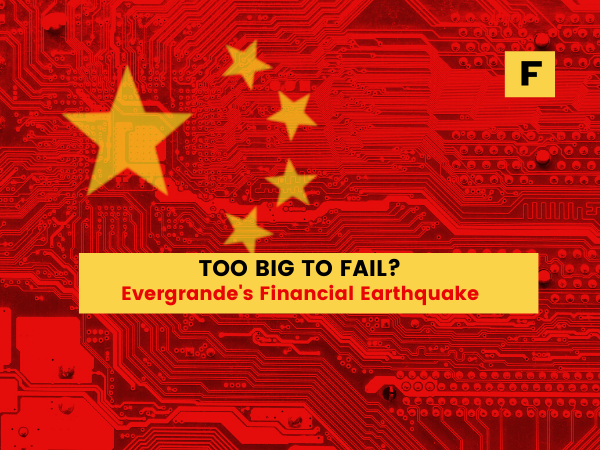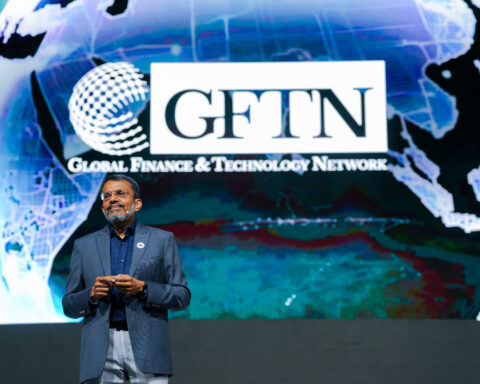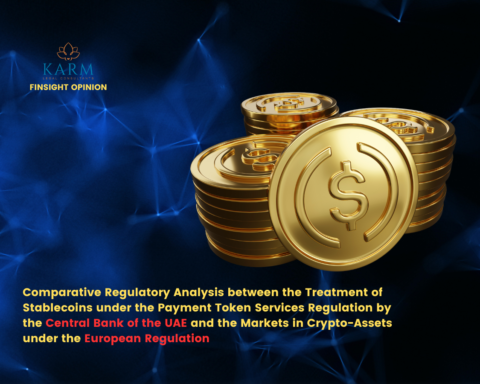Asia’s largest economy has witnessed a slap on its financial system in the past weeks. China’s real estate giant Evergrande, which is also a Fortune Global 500 company, is facing “unprecedented difficulties” according to a public statement issued. The impact of this development is not only on China and the Asian economy but globally. To help understand the sequence of events and what lies ahead, let’s get to know more about Evergrande.
What is Evergrande?
As the second-largest property developer in China by sales volume, Evergrande Group was founded in 1996 by Xu Jiayin, once Asia’s richest man who is also the chairman of the Group’s board of directors. This was during a period of urbanization in the country and so, the company took off with direct investments into the residential property market.
Over two decades later the Group has committed investment into different sectors of the Chinese economy such as tourism, automotive, sports, finance, agriculture, health and entertainment; with subsidiaries including Evergrande Real Estate, Evergrande New Energy Automobile, Evergrande Property, Evergrande Network, RVB, Evergrande Children’s World, Evergrande Health, and eight other industries according to its website.
The website also goes on to state that “Evergrande has total assets of 2.3 trillion yuan, annual sales of more than 700 billion, cumulative tax payment of more than 300 billion, charitable donations of more than 18.5 billion, 200,000 employees, and provides more than 3.8 million jobs every year.” It has also won many awards and honours and is ranked 122 on Fortune Global 500 Companies. Evergrande Group is listed on the Hong Kong Stock exchange where it raised an initial public offering of $722 million in 2009.
With such an impressive portfolio, why is Evergrande acquiring ‘titles’ such as the “world’s most indebted real estate developer” in the news headlines?
Why the debt crisis?
With the intention of diversifying its portfolio, Evergrande started investments that strayed away from its core business of the real estate. This was not a bad thing as the move was good for economic growth, however, it had to borrow to finance its audacious projects such as the $1.7 billion world’s biggest soccer stadium for Guangzhou and the $24 billion Ocean Flower Island. This also made the company’s structure in terms of assets and liabilities difficult to assess. Again, borrowing may not necessarily be bad however, it was slowly gaining a reputation of being the most indebted developer after its debts spiralled to $300 billion. Evergrande also started selling some of its properties at ‘special rates’ to bring in cash flow – an indication of a looming debt crisis. As it struggled to pay interest on debts, its share prices declined. In September 2021, Fitch and Moody’s downgraded the Group’s bonds and credit ratings. It now has over $100 million due in payments on two of its bonds whose deadlines have been missed.
Impact on China and the global economy
Since Evergrande is one of the biggest businesses globally in terms of revenue, its ‘financial earthquake’ has hit people, businesses and economies in different ways. China has the world’s second largest economy and so, anything that affects it has global implications. It is estimated that there could be widespread problems as a result of Evergrande’s troubles.
People and businesses who invested in Evergrande’s ‘offerings’ staged a protest at the Group’s headquarters last week demanding repayment of their monies. Unfortunately, there was a problem of oversupply in the Chinese real estate market with recent reports of mass demolitions, and so the whole crisis could not have come at a much worse time. The country’s central bank has since injected 110 billion yuan in short-term liquidity into the financial system. Since so much attention has been turned on Evergrande’s travails, shortcomings regarding power supply and greenhouse gas emissions have not been necessarily prioritised – a recipe for another looming crisis.
The way forward
The liquidity crisis of Evergrande is not all doom and gloom, or at least so it seems. The magnitude of the company’s operations will suggest to China’s government that Evergrande should be “too big to fail”. Already, there are talks about a government bailout but news reports say otherwise; that officials expect the country to prepare for a “possible storm.”
Evergrande has also written to the Hong Kong Stock Exchange where it is listed that it was “working with financial advisers to explore solutions to its problems”; while blaming negative media reports for exaggerating its woes. It also said that issues regarding payment on a domestic yuan bond have been “settled through negotiations.”
For now, reports indicate that the future of Evergrande, the world’s most indebted property developer, is being forensically scrutinized by investors after the company did not meet a 24th September 2021 deadline to make an interest payment to offshore bondholders. This is a developing story and the coming days will be critical; we’ll wait, hope and see how it all unfolds.
Editorial by Theresa Fianko, Finsight.news editor.













